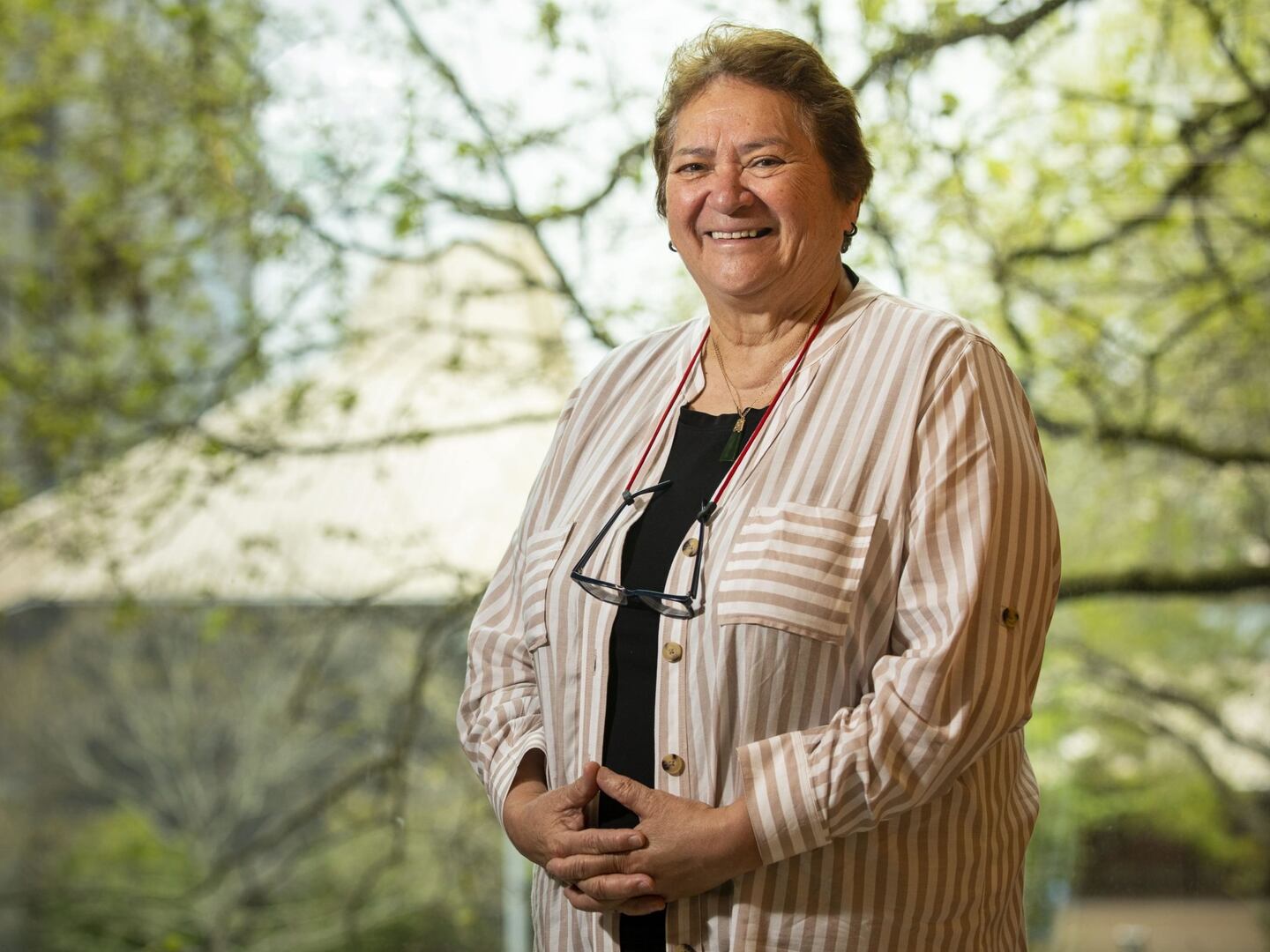A new “Māori-friendly” screening tool to identify early dementia in Māori is being launched on Tuesday at Waipapa Taumata Rau, University of Auckland.
Dr Makarena Dudley (Te Rarawa, Te Aupōuri, Ngāti Kahu), the deputy director Māori at the University’s Centre for Brain Research, says the Māori assessment of neuropsychological abilities or ‘Mana’ tool will be integrated into Te Whatu Ora for uptake by clinicians diagnosing mate wareware or dementia in Māori.
“It came about because the conventional tools that have been imported from other countries and imposed on Māori were found to actually misdiagnose some kaumātua with mate wareware, we believe due to the cultural bias that’s inherent in those Western-based tools,” Dr Dudley told Te Ao Tapatahi.
More than 300 kaumātua and their whānau were interviewed about their understandings and experiences around mate wareware to develop the tool which has a te ao Māori foundation.
“We needed to make it scientifically robust as well as appropriate for our Māori whānau,” she says.
“We’ve made the content of the tool Māori-friendly with content that’s familiar to te ao Māori. In that way, the person that is being assessed automatically engages better with the tool.
“They see, ‘oh, this is from my world, this is from my universe’, and they instantly become more engaged in the assessment.”
Dr Dudley says this will help avoid misdiagnosis. “We’re getting a better, more accurate account of how that person is performing.”
The mana tool also has a unique feature, unlike any tool of this nature used throughout the world, she says.
“That’s a component asking about their wairua [or spirit]. And this is because the kaumātua said to us time and time again that was actually the most important part of their health and wellbeing - but the clinicians never asked about that.”
“So we’ve included a wairua component up front that gives an opportunity for rapport-building,” she says. “But also maybe an opportunity for our kaumātua to develop trust with the clinician that’s assessing them, because it can be a traumatic and intimidating experience being diagnosed with this condition.”
Dr Dudley says Māori researchers are concerned there are “many of our people” out there who have not been diagnosed and points out that there are advantages to being diagnosed, such as advanced care planning and early interventions.
“What I’m hoping is with this tool is Māori, our whānau, will be more likely to present to hospitals, to their GP, to whoever to get a diagnosis because there is this tool that is available that’s been developed and designed for Māori.”
The mana tool will be available from Tuesday, initially on the NZ Dementia Foundation website so that it will be easily accessible by clinicians or others in the health sector involved in diagnosing mate wareware in Māori.
“That’s primarily non-Māori people who will be using this tool,” Dr Dudley says.


